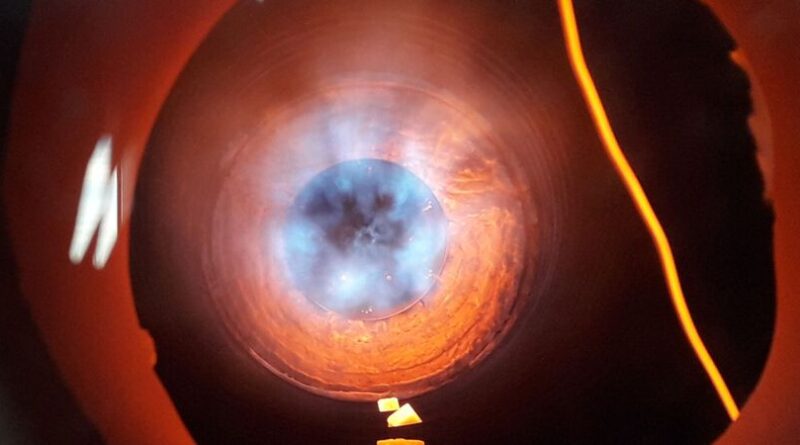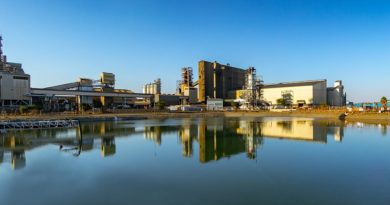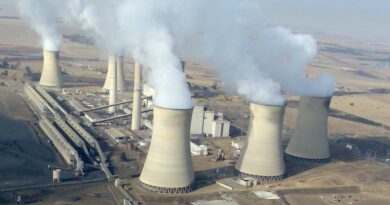South Africa’s role in processing green metals
In tandem with South Africa’s exploration strategy, which identifies a list of critical minerals, a R400 million fund aimed at addressing inclusivity and access constraints for black-led and local junior mining projects was announced in 2023. A Memorandum of Agreement was signed in February 2024 between the Department of Mineral Resources and Energy, the Industrial Development Corporation and the Council for Geosciences.
This initiative will provide funding to local and artisanal miners for exploration and production activities. It also aligns with the local content strategy and is expected to increase minerals produced by small-scale mining projects.
The increase in exploration activities is likely to support the launch of new mining sites. The government has identified the North West, Limpopo and the Northern Cape as key mining headquarters.
South Africa is also playing a leadership role on the continent in knowledge sharing, partnership and collaboration. In 2023, it hosted the first African Critical Minerals Summit. The summit included panel discussions, exclusive networking sessions and deal signings, supporting Africa’s efforts to accelerate its green industries and energy transition.
South Africa’s possible position in the green metals value chain
South Africa has an opportunity to transition from the extraction part of the critical minerals value chain to a role in processing and manufacturing some of the end products. Currently, Southern Africa only participates in the primary extraction parts of the lithium-ion battery value chain, doing no battery manufacturing.
South Africa possesses significant beneficiation experience and expertise that makes it well-positioned to play a role in the beneficiation of minerals to battery grade. Mineral refining, cell manufacturing, battery manufacturing and assembly are all areas where South Africa can establish itself in the value chain.
The viability of battery recycling, however, is limited in South Africa because of the low collection rates by recyclers, according to a Mintek study.
South Africa has committed to developing a lithium-ion battery value chain, notably to feed into the automotive and energy storage sectors. This commitment cannot be achieved without improved policy certainty, with incentives to support local battery manufacturers, bolstered mineral processing and refining capacity, increased access to financing and a larger pool of skilled labourers. With greater policy certainty, South Africa can participate in the lithium battery value chain, where revenue is forecast to rise from US$85 billion in 2022 to US$400 billion by 2030.
South Africa has an Automotive Masterplan and aims to remain a significant global player by transitioning to producing and exporting electric vehicles, which are heavily dependent on critical minerals and lithium-ion. South Africa’s Atlantis Greentech Special Economic Zone in Cape Town is the only one of its kind in Africa and should further incentivise local green technology in the green metals industries.



